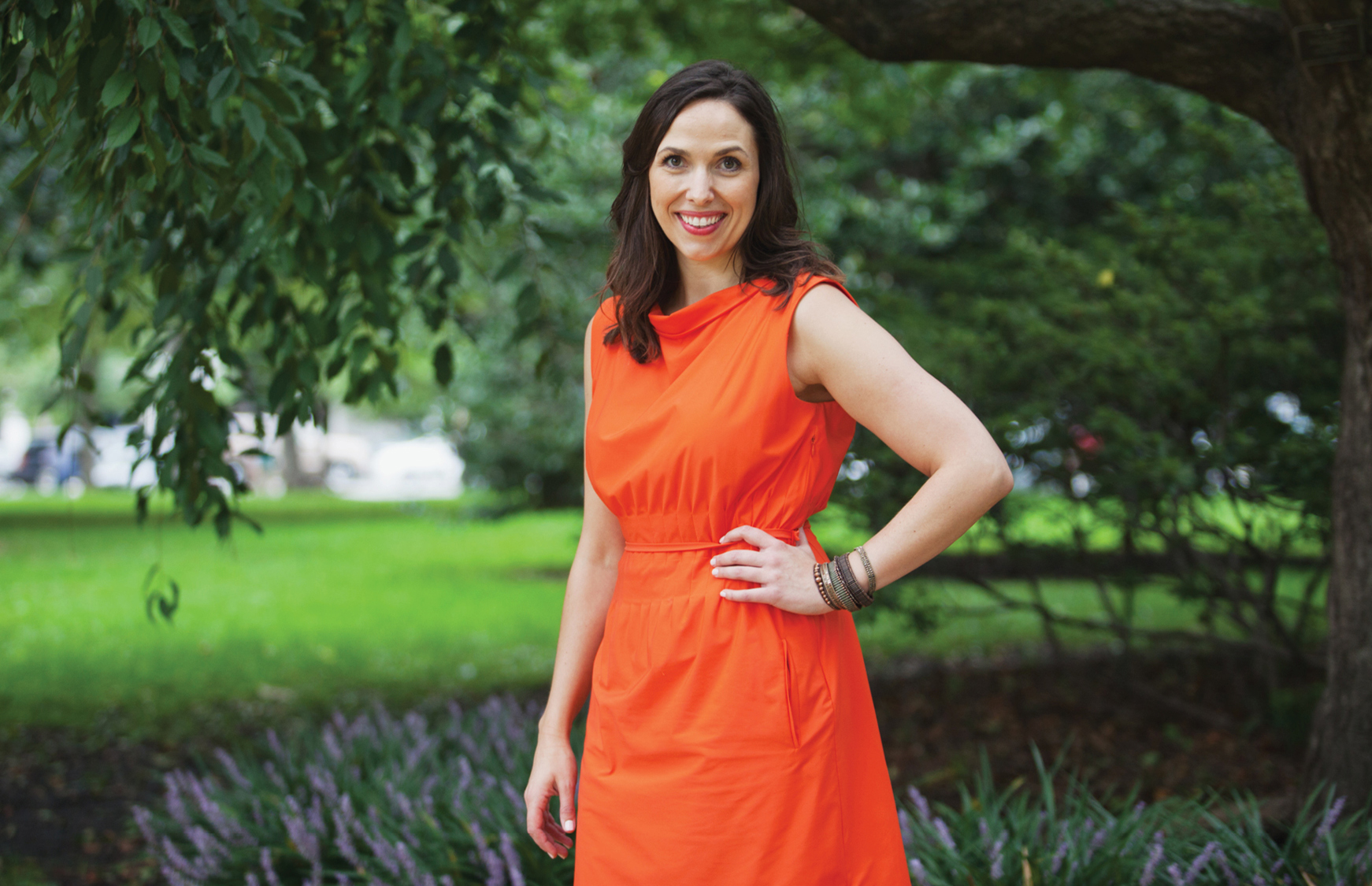Heidi Nel, 33, has always believed that the best way to get a message across is by way of stories, yet not necessarily in the traditional sense. Throughout her childhood and high school experience, her storytelling medium of choice was modern dance. While it turned out that a career in dance wasn’t for her, the skills she learned from her degree (things like confidence, creativity and discipline) proved to be invaluable later on.
Heidi eventually got her start in the working world in L.A. as a production assistant, doing everything from spending long days on set to picking up velvet-covered buttons for Barry Manilow’s Vegas show costume. She also held down a gig as nanny on the side to make ends meet. Heidi’s hard work eventually paid off though, when she became the principal at Picture Motion, a company that uses media campaigns and film to improve crucial social issues, such as gender inequality and obesity.
Whether she’s working to end campus assaults or fighting for fair wages for farm workers, what Heidi loves most about her job is being inspired by the world around her. She and her coworkers aren’t just making movies—they’re making history.
Her Starting Point
Many people find the transition between college and “real life” a bit daunting. Can you tell us about your journey between the two? What was your first job post-college?
I think “real life” hit me long before college, which took the sting out of any post-college fantasy I may have had! My college experience was pretty different than most. I went to a performing arts high school that was a division of the University of North Carolina, and after a short stint—literally a sneeze—at Texas Christian University, I quickly realized that the traditional path was not for me. So I did what any 18-year old in my shoes would do: packed up my Ford Ranger and headed out west to Los Angeles with my best friend, Kendra. Real life offered long days on set as a PA, making ends meet by nannying for well-to-do families in the Palisades, and running errands, including picking out velvet-covered buttons for Barry Manilow’s Vegas show costume. It’s as different as a background could come, especially for a professional now living in Washington, D.C., but I wouldn’t trade it for the world.
When did your passion for digital media begin, and what first steps did you take in order to establish yourself as a pro?
I was never one of those kids who had the latest and greatest gadgets. In fact, I even remember goofing off during mandatory typing classes in school thinking, “Computers? Ha. When will I ever need this?” Turns out, the joke was on me. Big time!
My passion for digital began at 25. I got serious about pursuing a career in the entertainment industry and met my then-boss, an expert in all-things-digital. He became a significant mentor, a sponsor of my work and a lynchpin in the future of my success. At first my interest in digital was piqued by the monetization of online content and the development of a new webisode series we were working on.
Over time, my interests came full circle. My passion towards civic engagement was reignited and I became fascinated by the idea that compelling content had the power to mobilize people. It dawned on me that if I could influence the actions people took after interacting with inspiring content, that I could help shift culture, make impact and help create lasting positive change.
We’re so curious! What led you to study modern dance in college? How are you able to utilize those creative skills now?
Growing up, it was my dream to be on Broadway, I wanted few things more than to land the part of Victoria in “Cats” or Val in “A Chorus Line” and to live the life of a renowned starving artist. Ha! It all seemed so glamorous at the time.
I’ve always believed that story is the most powerful means to communicate a message and as a teenager the possibility of immersing myself in art, theatre and dance sounded more than inspiring—it seemed like an avenue to change the world. I grew up during apartheid in South Africa and dancing was the thing that allowed me to connect with other kids—regardless of race, creed, color or ideology. As I got older and moved to the States, I came to realize that art transcends language, ethnicity, social status and, generally speaking, human boundaries.
Dance became my vehicle for self-expression. Determined as ever, I auditioned for—and was accepted into—the high school program at the University of North Carolina School of the Arts, where I lived and studied on campus.
Ultimately, a profession in the field was not for me, but the skills I acquired still fuel my work today. From discipline and tenacity, to creativity, strategy, expression and confidence—the lessons I learned on stage are prevalent even now. Much of my ability to solve problems on the fly, act under pressure, think quickly on my feet, connect with strangers and speak with conviction come from a solid background in theatre and dance.
What do you love most about working at Picture Motion? What is the company culture like?
There are many things I love about Picture Motion. First and foremost, I love my partners, our incredible team and the extraordinary filmmakers we get to work with each and every day. Our clients aren’t just making movies; they’re making history. Everyone I work with—be it the filmmakers themselves, the foundations or the vendors—leverages media and storytelling in the name of social good. That’s pretty awesome.
From working to end rape in the military and on campus, and raising awareness about the need for women and girls to pursue careers in science, technology, engineering, and math (STEM) fields, to engaging people to take bold action on climate change; I get to do what I love with people I’m inspired by every single day. It’s a dream come true—and one that I’ve genuinely worked hard to create.
Her Big Break
How do you stay organized? What tools/resources do you utilize (i.e. iPhone, apps, etc.)? What skills are essential to do your job well?
Truth be told, organization is my Achilles heel, but a must in my line of work. To be clear, I am organized—it’s essential—but its not second nature to me. My saving grace is that I’m more driven by GSD than I am committed to my free spirited bohemian nature!
I’m lost without my calendar, aren’t we all? I can’t live without Expensify, Evernote (specifically for business cards!), Uber, FaceTime, travel apps and the Passbook on my iPhone. I’m also pious about MindWave2—isochronic tones. I know it sounds sort of nuts, but as a creative non-linear thinker who loves a great brainstorm, I need an extra boost to get focused and zero in on a long checklist. This app was designed to produce the greatest neuro responses for an array of activities—studying, sleeping, hypertension reduction, etc. Most importantly, I found what works for me!
Most essential to doing my job well is having an ability to stay present to the long view while simultaneously focused on near term priorities. Different activities require a variety of brain functions, for instance, language tends to occur on the left side, attention and processing more on the right. Since our work requires a combination of both on a very regular basis, being able to switch gears quickly is critical.
We also work on such pressing (often depressing) issues, so it’s important to stay positive and have fun, too!
If we had the chance to peek at your schedule, what would an average day look like?
Coffee. Everyday starts with coffee. But since seeing Fed Up, Katie Couric and Laurie David’s documentary expose of the American food industry, my morning coffee is sans sugar!
Other than that, everyday is different. I’m not much of a morning person, but start work by 9:00 a.m. Most days include a series of meetings, conference calls and buckets (plus more buckets) of email. I break for yoga or the treadmill, and for evening work events or dinner and frequently do my best writing late night. I’ve also developed a mild addiction for Soul-Cycle since it opened in D.C. this past summer. What can I say? It’s like a dance party on a bike.
Can you tell us about a recent success story at work?
So many! Being in an environment where I’m fully self-expressed and have the freedom to share nonlinear ideas about business development, marketing, research and campaigns, and have my colleagues not only entertain these ideas, but genuinely explore them with me is a success. It sounds inevitable, but that kind of work environment isn’t always the case.
There are many more, from launching the incredible campaign for Racing Extinction by lighting up the United Nations with 39-story images of endangered species, to exposing the epidemic of military sexual assault through the Oscar-nominated documentary The Invisible War. Also, launching Picture Motion’s Washington, D.C. office has been a dream come true and a success for our firm. It’s also a success for the industry—allowing us to bridge the gap between story and policy in a more meaningful and efficient manner.
The real successes come from the lessons I learn about my own management skills from the other members of my team. They’re rarely comfortable in the moment, but keep me striving to be a better strategist, manager and leader.
If I’ve learned one thing along the way, it’s that success doesn’t exist in the space that’s already comfortable to us. It comes from getting comfortable in the uncomfortable.
In our fast-paced world, it can be difficult to stay ahead of the game. So how is Picture Motion different? What sets it apart from other companies like it?
Talent. The people at Picture Motion set it apart. Our proximity to industry, power and influence sets us apart as well. What I mean by that is we have people in Los Angeles, New York City and now Washington, D.C., so we have our ears to the ground in the major cities focused on entertainment, film, government and issue advocacy. From lawmakers to filmmakers, and on the east and west coast, our networks and reach is both deep and wide.
Her Perspective
How do you handle work/life balance?
What’s work/life balance? I kid! I’m still working on this one but it has become increasingly important to me over the past year.
It goes without saying, but for the sake of this question it needs to be underscored: I love what I do. I’m a part owner of an incredible and growing company and I spend my days at the intersection of what I’m most passionate about and what I’m good at, surrounded by the people I’m most inspired by. It’s not by accident either.
My larger point is that when you’re doing what you love it doesn’t feel like “work” and balance becomes less of an intangible you’re trying to get to and something that just sort of happens.
When I’m not traveling I work from home, which will likely change as our D.C. office continues to grow, but for now it allows me the flexibility to run to the gym in the middle of the day, or cook salmon and make fresh salad for lunch. Amidst a long day, these types of things are priceless and support my overall wellbeing.
Also, I’ve been talking to the women in my life a lot lately about what it means to “have it all.” A dear friend recently said, “you can have anything, but you can’t have everything.” There’s a lot to be said for that. Choice, priorities, boundaries and being a “yes” to life, but also being a powerful “no” are important components of balance and having what you want in your life.
How do you juggle the tasks of educating communities on important social issues while also making the campaigns and the media you produce attractive and entertaining to consumers?
I’m really interested in the social science of communication, specifically behavioral change communications. Like any digital strategist, I also appreciate being able to test messages, content and measure engagement online in real time.
Living in LA for nearly a decade before moving to D.C. and having worked in marketing at a studio also helps. It's allowed me to witness the disconnect between how we talk about issues inside the Beltway and how most Americans engage with issue-driven news and information. There’s a huge gap!
It's actually why I love the work I do so much, because story is the most powerful means of communication—science backs it up. Stories are the ultimate weapon. A filmmaker I work with calls story, film and media our weapon of mass construction. He’s right! These elements are at the center of the impact campaigns our team designs. My job is less about making the social issues I’m working on attractive to consumers, and more about connecting each story with the core audiences and letting the magic (read: science) of story shift perceptions and create the space for behavior change. Once that inspiration, compassion and narrative transportation is in effect, my team creates a clear bridge for supporters to take constructive and targeted actions after seeing the film. The combination of a powerful story and clear call-to-action can make incredible impact.
Translating passion into a career is tough. What advice would you give to women trying to figure this out?
Believe in yourself. Be bold. Stand for what you believe in, even in the face of no agreement. Seek mentorship. Surround yourself with people who love and support you unconditionally, who challenge you and who successfully infuse passion into their own work.
Most importantly: stop at nothing to create the life of your dreams. No one else will do it for you and nobody will be as sorry as you if you don’t get it.
And finally, what do you wake up looking forward to? What’s next for your career?
I wake up looking forward to equality—the day we have more women in leadership, in the C-Suite and in Congress. I look forward to the day that women in the military have the same opportunity to serve in the combat roles for which they are fit as men do. I look forward to equal pay for equal work and the day that headlines about the confidence gap disappear.
For my career, I’m excited about mentorship, making sure that others committed to charting their own professional course have access to opportunity and that women know—and own—their worth. I’m focused on the growth of Picture Motion and deepening my own expertise in behavior change communication, storytelling, impact and the intersect of media and social change. I’m excited to continue to bridge this gap between story, film and public policy; to write more, make impact, innovate and continue to work with leaders in the field.
I hope to stay hungry and to stay foolish.
You May Also Like
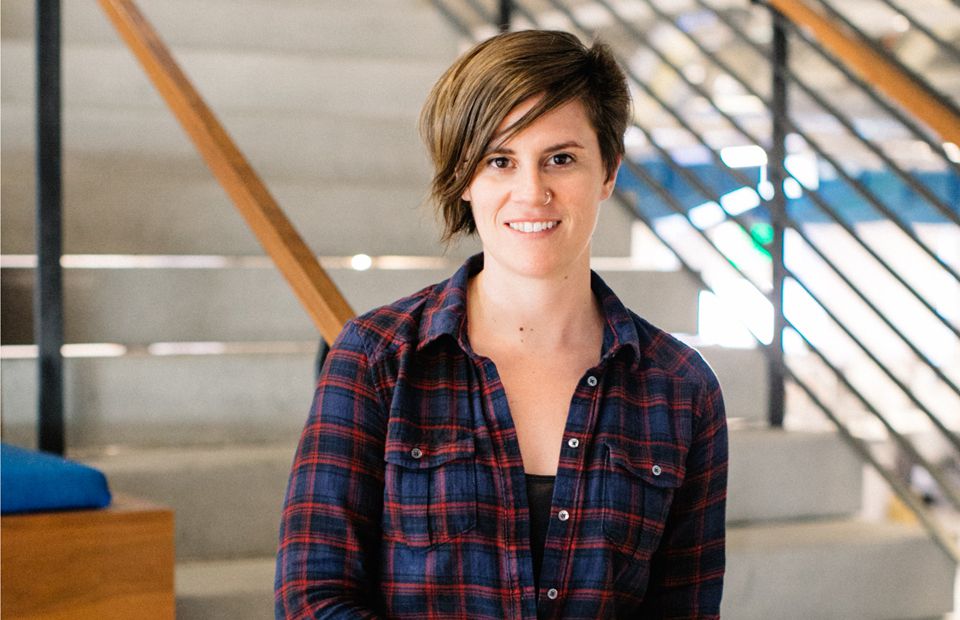
Media
How to Use Positive Reinforcement at Work—and Other Advice from a Pandora PM
"My advice to anyone who wants to get into product management is: check your ego at the door."
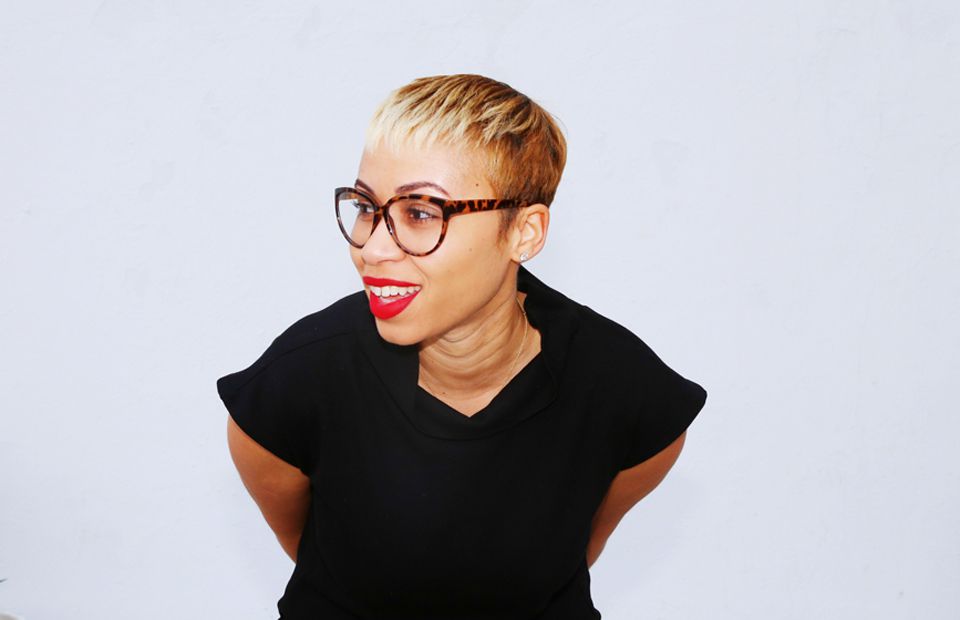
Media, Communications + Public Relations
How to Take Risks, Make a Switch, and Find a Career You Love—From a Woman Who's Done It 4 Times
Making your wildest dreams come true starts with understanding yourself—and Ahyiana Angel can help.
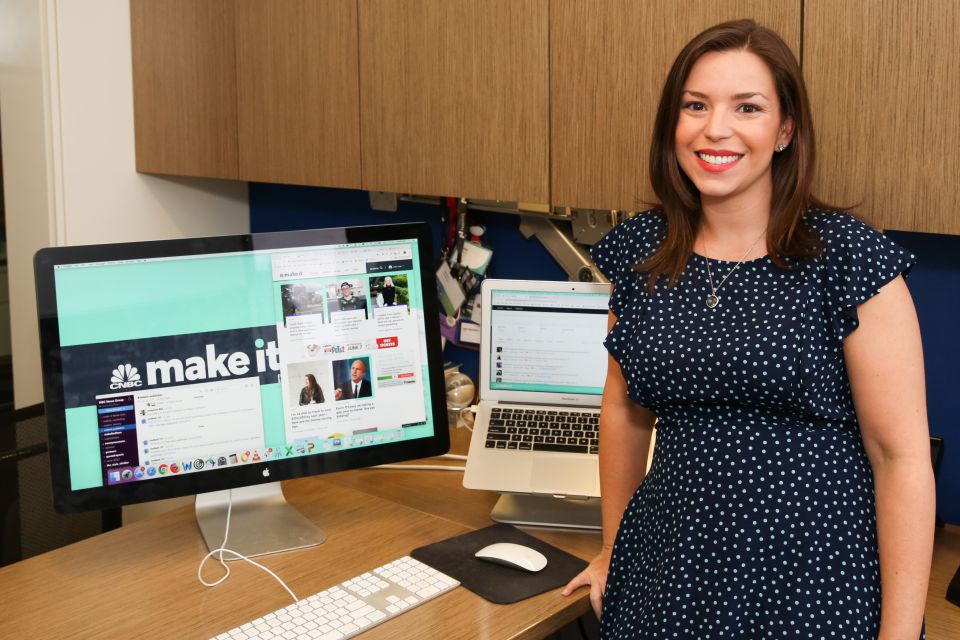
Communications + Public Relations
Creating Content That Empowers Audiences with CNBC's Digital VP and Managing Editor
This week, we interviewed Jenna Goudreau, the VP and managing editor of CNBC Digital. Let's learn how she keeps her powerhouse content creation machine going.
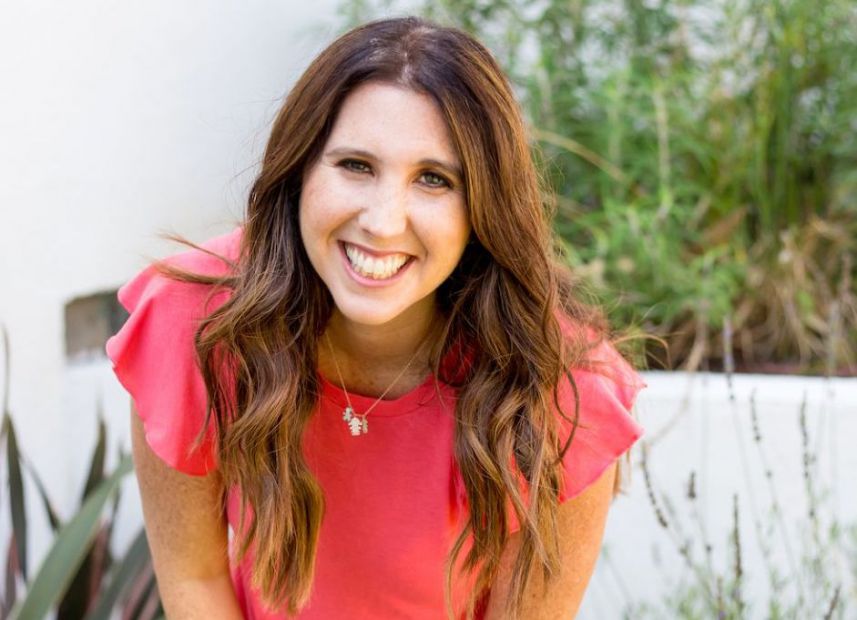
Entertainment
Working Creatively From Home with Cathy Heller
Cathy Heller is a singer, songwriter, entrepreneur, mother—and now, an author. Determined to lift others up to the "happiest versions of themselves," this queen of the hyphenated job title, leads by example. She shared how to build a fulfilling career in a creative field—all while working from home.
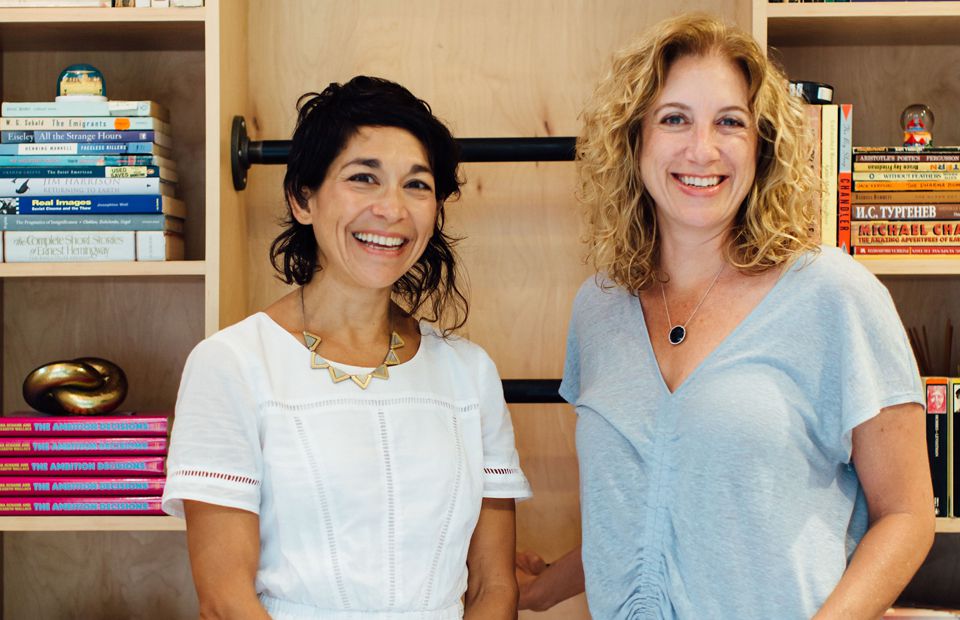
Media
Women, Work, and What It's Like to Write With Your Best Friend—From the Authors of The Ambition Decisions
"We should all give ourselves permission to challenge the things we think can’t be challenged."
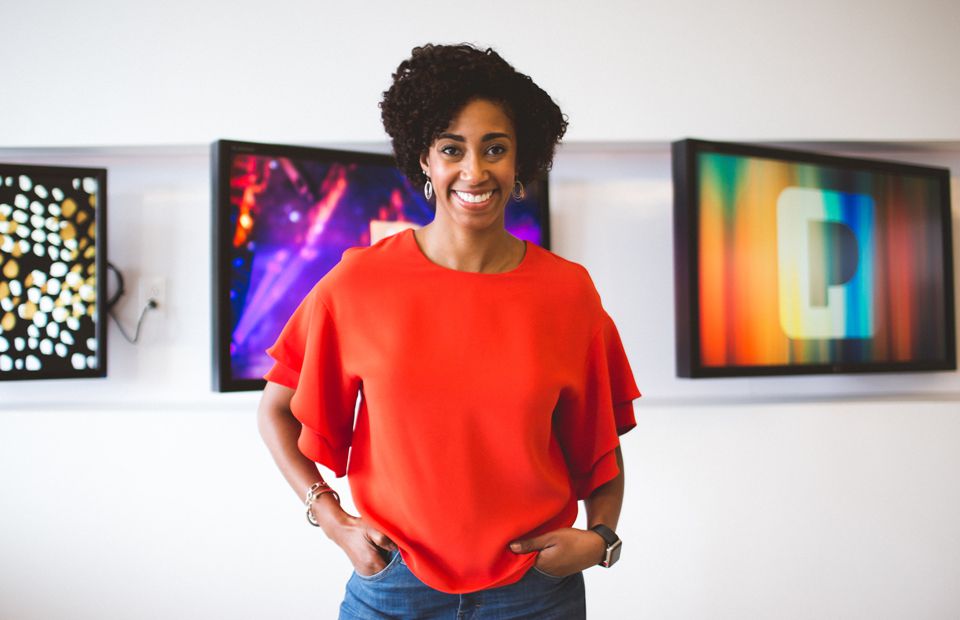
Media
A Director at Pandora on Staying Present, Celebrating Others, and Learning From Failure
"Share your wins, but most importantly, share what your growth areas are, share when you fail, share how you bounced back."
Get the Best Career Advice Delivered To Your Inbox
Join our newsletter to stay in the loop.
